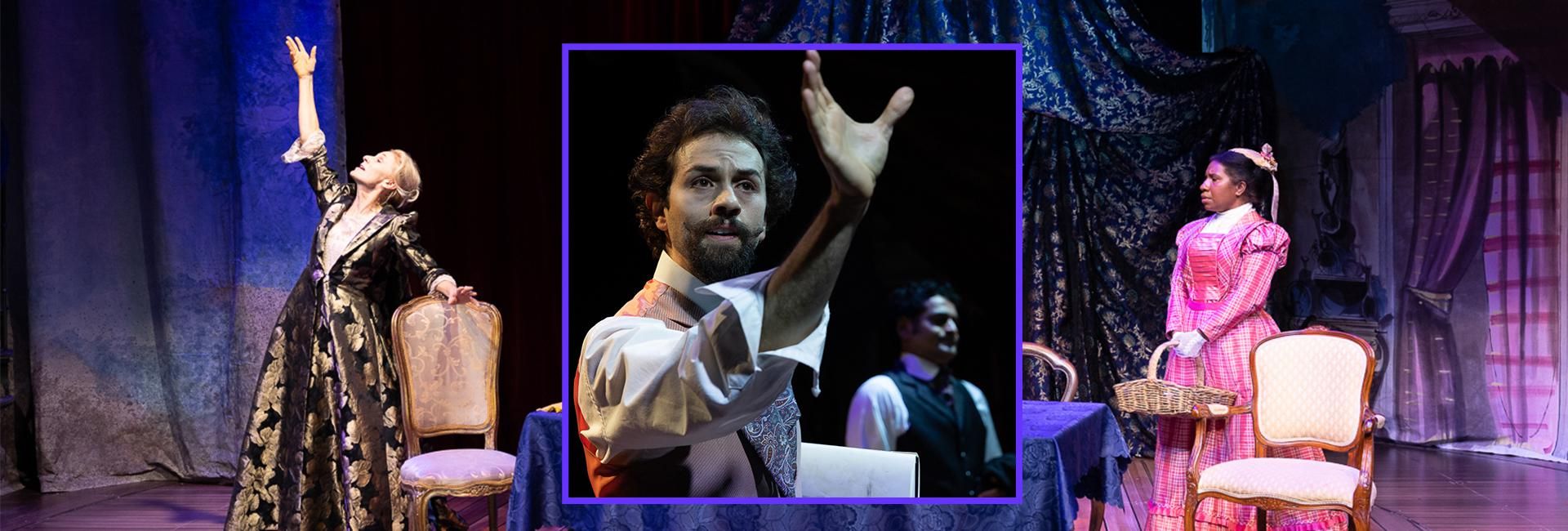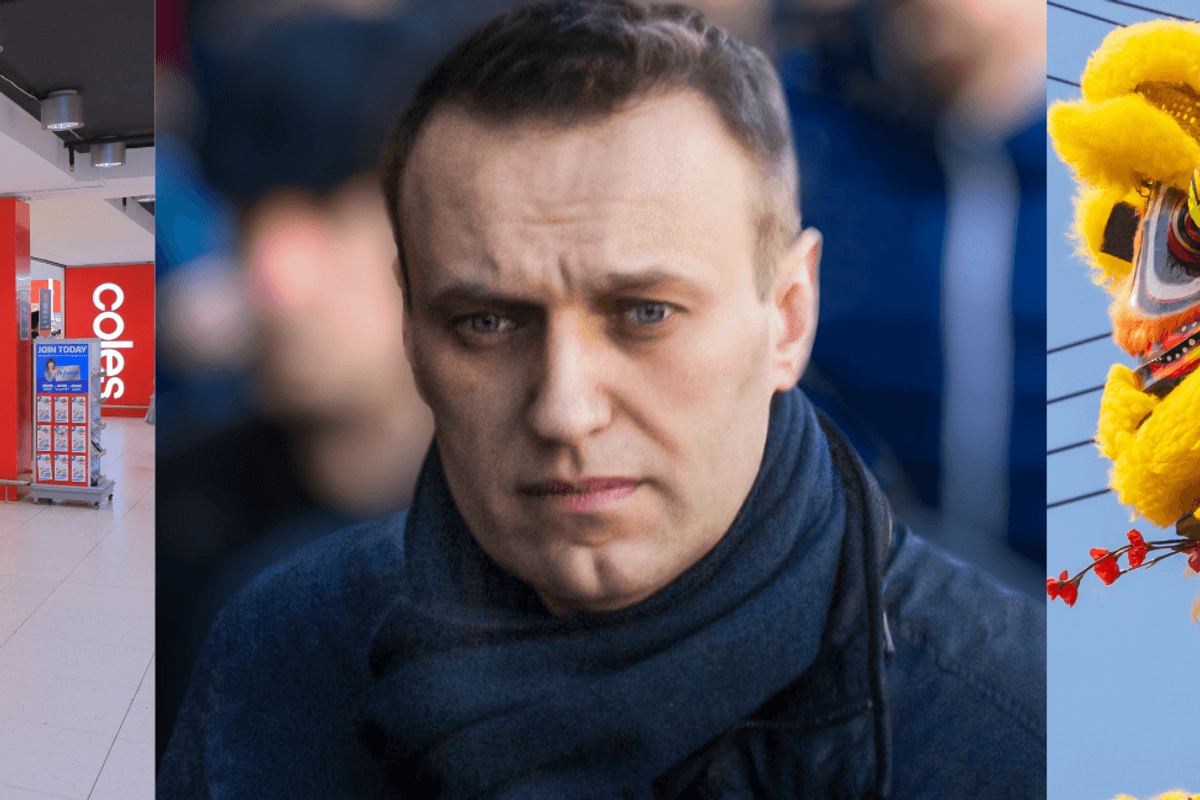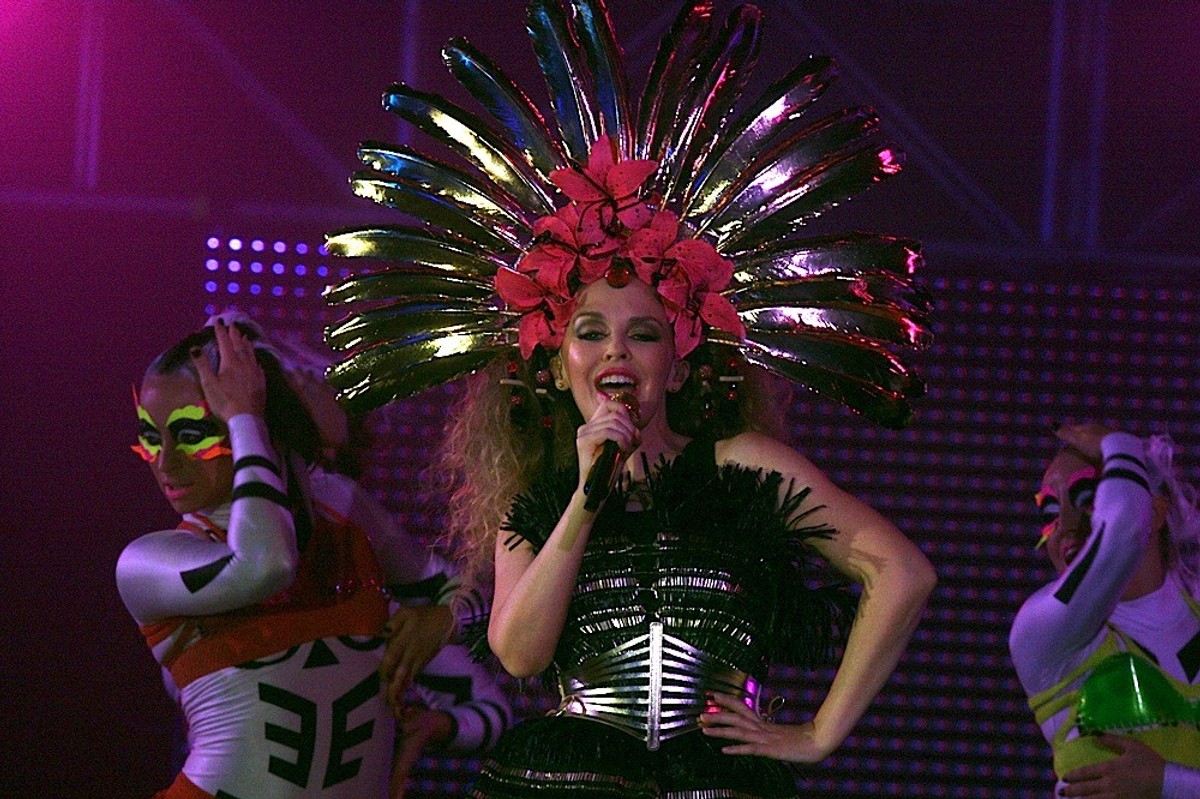The bustle of an opening night foyer. The joy of discovering a city you’re touring. Meeting new people. Telling stories. These are the things that make the hard work and low wages of theatre worthwhile. But now, in 2022, casts are isolated in bubbles. Understudies are on hold, uncertain if they’ll perform. Sick actors are zooming into rehearsals. And performances are constantly cancelled.
As theatres attempt to reopen after two years of lockdowns, many thought the situation for artists would improve in 2022. However, with Omicron and its subvariants once again ripping through the population, some predict companies may be forced to close their doors for good. Right down the east coast, from Brisbane to Sydney to Melbourne, theatre artists and companies are struggling to deal the shape-shifting challenges COVID presents.
"It’s much worse than the previous two years," Amanda Jolly, executive director of Queensland Theatre, said. "What’s frightening me is that we had Virginia Woolf at the beginning of the year, that didn’t reach its box office targets as people were nervous about coming out. And then we had to postpone the next show because we were worried about rehearsing while there was so much Omicron. And then we were flooded, so the next show had to be postponed as well."
'We’re in a way worse position. There is absolutely PTSD, I don't use that term lightly, throughout the entire arts sector.'
In Sydney, writer Michelle Law, whose play Top Coat opened at Sydney Theatre Company in June, said "it's been really exciting being back in a rehearsal room with people. But it's also very tentative. You have all these contingency plans for every step of the process. There's not a huge amount of protection."
For Queensland Theatre, Bernhardt/Hamlet was the first production set to open after flood repairs and the peak of Omicron. "We had some COVID scares during rehearsal. We had a few people having to zoom in," Bernhardt/Hamlet actor Amy Ingram, recalled. "And then we managed to get the show up and open."
Several days later, the dreaded alert came. A cast member had tested positive for COVID-19. It cascaded from there, with a total of four actors and one stage manager subsequently testing positive. They had done everything to prevent it — regular testing, separate eating areas for show staff, providing quarantine accommodation for cast, two understudies – but it wasn’t enough. The company had no choice but to cancel shows for a week. They reopened but with thousands of ticket sales lost.
This anecdote is one of many, as theatres struggle to keep the doors open across Australia. Queensland Theatre is privileged in its state funding and is still struggling. Sydney Theatre Company received $4.7 million last year in Federal pandemic funding to help it stay afloat. Smaller companies and independent artists are often worse off.
Melbourne-based producer Laura Milke Garner, who represents independent artists, said although the lockdowns of 2020-2021 were devastating, the world "re-opened" presented a whole new set of challenges.
"Everything is opening up and yet two years on from the pandemic starting I’m still cancelling shows ... We don’t have a rulebook for this, for what happens to a performance on an independent level."
Even compared to the significant lockdowns in Melbourne in 2020 and 2021, Milke Garner believes the accumulative toll of COVID in 2022 is worse.
"We’re in a way worse position. There is absolutely an underlying PTSD throughout the entire arts sector," Milke Garner said. "That’s from independent artists, to independent producers, to venue managers, to programers, to everyone, that haven’t processed properly the last two years. Nor will we have the time to process it, until we get to absolute breaking point."
Roxane Eden, executive director of Brisbane's La Boite Theatre Company, admitted "we have struggled enormously with ticket sales" while at the same time the company faced increased building costs for sets, budgeting for understudies and significant audience hesitancy. With the virus now rampant in the community — this week Australia had the third highest per capita COVID death rate in the world — Eden reiterated the most important thing was keeping the artists safe.
"[We’re] trying to put processes in place that make them feel genuinely safe in this organisation. Are they safe in the room? Are they safe when they're on stage? Keeping front rows off sale, keeping distance from patrons. Are they allowed to walk through the audience? Can they kiss onstage?" Eden asked.
Beyond the performers is a whole cadre of off-stage personnel to consider. Emma Funnel, director of education, youth and regional engagement at Queensland Theatre, is concerned the appetite of young people to pursue the arts as a career is dying off.
Funnel anticipates "there'll be a loss in new artistry coming through". People will be less likely to choose to work in a theatre company, she said, "because who knows what the ongoing financial impact will be?"
Garner Milke agrees "we’re going to have a gap".
Asked what would happen to the arts if COVID persists without changes in government support, all agreed that things could turn from bad to catastrophic. Jolly's forecast: "With these increasing costs, and the audience still not back, by the end of next year there might be a few companies that don't exist anymore."
She argues the key is more money. "I really hope they restore the funding to the Australia Council. Things are just a lot more expensive than they used to be," she said.
Milke Garner believes artists deserve universal basic income. "Arts has a huge and important and vital aspect of all life and humanity. It is actually work. It’s a job. And it should be valued like it is in other places of the world."
After a rough couple of years, and with dwindling hope the pandemic will be over anytime soon, the arts community is looking to the new Federal Labor Government, and Arts Minister Tony Burke in particular, to usher in changes they believe are needed to keep the industry alive.
"Tony Burke summed it up quite nicely — the attack on the arts needs to stop," Eden said.
"Full stop, more funding."
Maddie is a journalist, podcast presenter and playwright. She completed her Master of Journalism and Communication degree at the University of New South Wales with a High Distinction and was awarded positions on the Faculty of Arts, Design & Architecture Dean's List in 2022 and 2023. As a playwright she has written for Queensland Theatre, La Boite Theatre Company, Dead Puppet Society and Screen Queensland, and has directed for La Boite Theatre Company and The Good Room.






